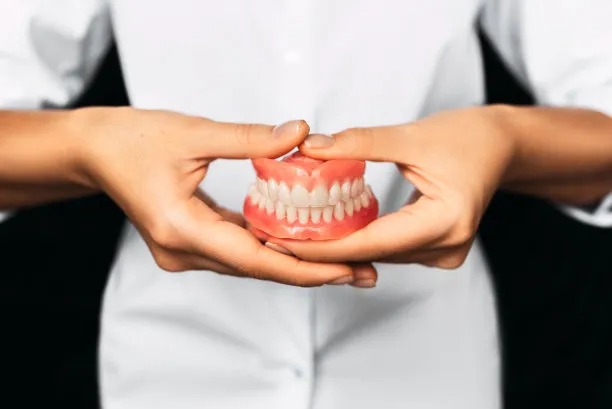Advanced Insights into the Benefits and Innovations of Dental Implant Treatment for Restoring Your Smile and Functionality
Summary: Dental implants represent a remarkable advancement in restorative dentistry, allowing patients to regain not only their smile but also functionality. This article delves into the benefits and innovations surrounding dental implant treatments, highlighting their aesthetic appeal, improved oral health, cutting-edge technology, and long-lasting results. Each element contributes to enhanced quality of life for individuals facing tooth loss. By exploring these facets, readers will gain a comprehensive understanding of why dental implants have become a preferred choice for restoring smiles effectively.
1. Aesthetic Appeal and Natural Look

One of the most significant benefits of dental implants is their aesthetic appeal. Unlike traditional dentures or bridges, implants are designed to mimic the appearance of natural teeth closely. The crown that sits atop the implant can be color-matched to blend seamlessly with your existing teeth, leading to a more natural smile.
Moreover, dental implants are surgically placed into the jawbone, providing a stable foundation that prevents the sunken look that often accompanies tooth loss. This structural integrity helps maintain facial contours, contributing to an overall youthful appearance.
Patients often find that they can smile with confidence once again. The psychological benefits of feeling comfortable with one’s appearance should not be underestimated, as they can lead to improved self-esteem and social interactions.
2. Enhanced Oral Health and Functionality
Apart from aesthetic benefits, dental implants significantly improve oral health and functionality. When a tooth is lost, the underlying jawbone can begin to deteriorate over time due to lack of stimulation. Implants integrate with the bone, simulating the roots of natural teeth and thereby helping to maintain jaw health.
Additionally, dental implants offer a level of functionality that traditional dentures cannot match. They allow patients to eat, speak, and engage in daily activities without the fear of slippage or discomfort. This stability encourages a healthier diet as individuals can enjoy a wider variety of foods.
Furthermore, maintaining hygiene becomes easier with implants. Unlike dentures, which require specific cleaning methods, dental implants can be cared for just like natural teeth, thereby promoting better oral hygiene practices.
3. Technological Innovations in Dental Implants
The field of dentistry has seen significant advancements in the technology surrounding implants. These innovations have led to more efficient and less invasive procedures. For instance, the use of 3D imaging enables dentists to create precise treatment plans tailored to the patients unique oral anatomy.
Additionally, materials used in dental implants have seen major improvements. Modern implants are often made from biocompatible materials such as titanium, which allows for osseointegration—the process by which the implant bonds with the jawbone—resulting in greater stability and longevity.
Another exciting innovation is the development of mini implants, which provide a less invasive option for patients who may not have sufficient bone density for traditional implants. These advances in technology not only make dental implants more accessible but also enhance the success rate of procedures.
4. Long-lasting Results and Cost-effectiveness
Dental implants are designed to be a long-term solution for tooth loss. With proper maintenance and care, they can last for many years, often even a lifetime. This durability makes them a cost-effective option in the long run, especially when compared to dentures and bridges, which may require frequent replacements.
Though the initial investment for dental implants may be higher than other dental solutions, their longevity and the quality of life they restore justify the cost. Patients can save money over time by avoiding repeat procedures and upkeep associated with traditional dental appliances.
Moreover, many dental insurance plans are beginning to cover a more significant portion of dental implant procedures, making them an increasingly viable option for many individuals seeking restorative care.
Summary:
Dental implants represent a powerful solution for those seeking to restore their smiles and functionality. Through their aesthetic appeal, enhancement of oral health, technological advancements, and long-term cost-effectiveness, implants have become an integral part of modern restorative dentistry. The combination of these factors creates a transformative experience that can significantly improve one’s quality of life.
This article is compiled by Vickong Dental and the content is for reference only.



